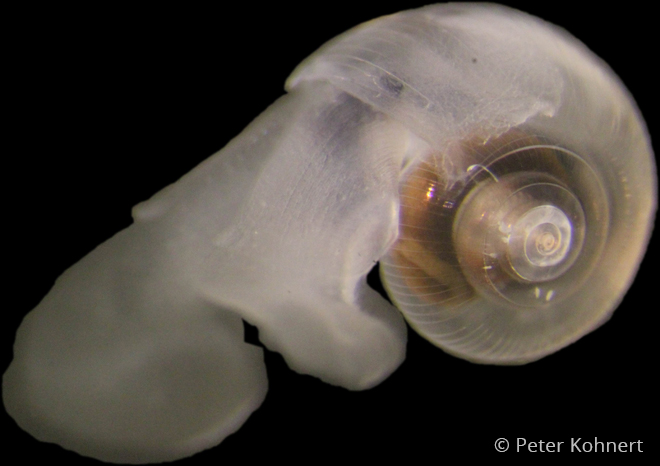Supervisor: Michael Schrödl (Zoological State Collection Munich), Co-supervisor Andreas Hejnol (University of Bergen)
Student: Zeyuan Chen
Objectives: Planktonic thecosome snails ("sea butterflies", Limacina spp.) are abundant and ecologically important in global oceans. Their thin aragonitic shells are highly sensitive to seawater acidification and they have become valuable model organisms for studying the effects of ocean acidification. However, Limacina species cannot be reliably identified using conventional approaches. In particular, the typically used and widespread model “species” Limacina helicina is likely a species complex, where cryptic species might have different ecological and physiological preferences and tolerances. Here we will use whole genome sequences to establish a solid taxonomic foundation of the Limacina helicina group and explore adaptations and resilience of its members.
O1: Estimate genome sizes of various Limacina species using fluorometry, sequence and assemble up to eight de novo genomes of different Limacina species.
O2: Align and compare these genomes to identify informative genes for species distinction and shell production (biomineralization).
O3: Delimit cryptic species.
O4: Search for genome regions under selection for insights into how genomic mechanisms responsible for the synthesis of mineralized skeletons are influenced by environmental changes and their resilience to change (or lack thereof).
Secondments: Grace McCormack (Galway), Dominique Lavenier (INRIA, Rennes), Andreas Hejnol (Bergen).
Photo credit: Peter Kohnert
